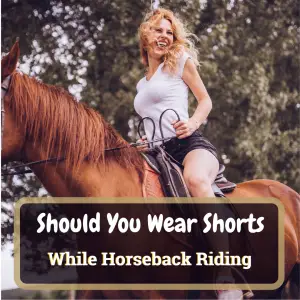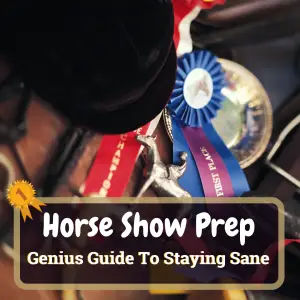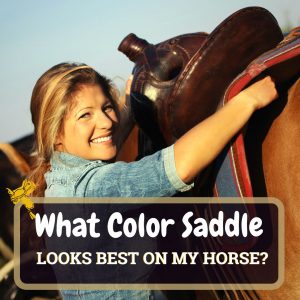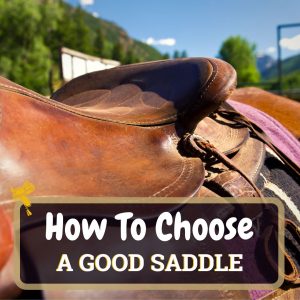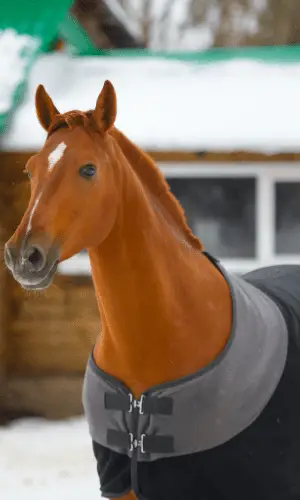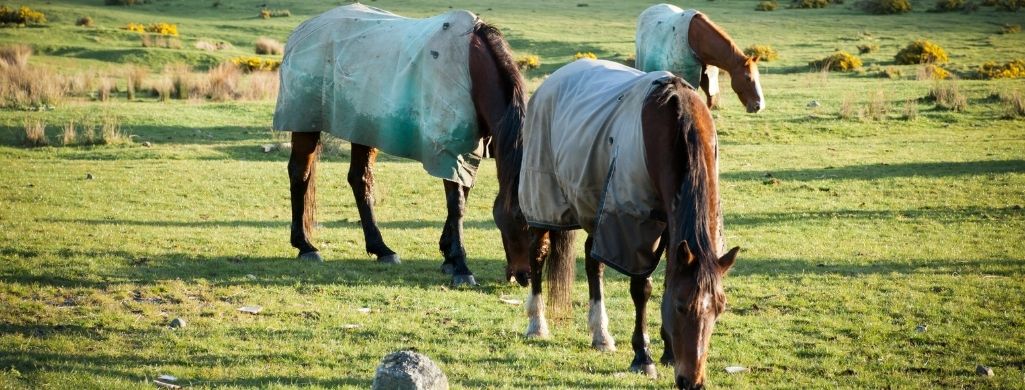
- Key Takeaways
- The Physiology of Horses
- The Inability to Vomit
- Dangers of Vomiting for Horses
- Differences in Animal Vomiting Capabilities
- FAQ
- Why can't horses vomit?
- What happens if a horse tries to vomit?
- Are there any benefits to horses not being able to vomit?
- Can attempting to make a horse vomit be dangerous?
You’ve always admired horses, but have you pondered why they can’t vomit? It’s not trivial—it’s fascinating equine physiology.
In this article, you’ll delve into the unique anatomy and evolutionary adaptations that prevent horses from throwing up. We’ll explore their one-way digestive tract, the role of contractions and sphincters, and the potential complications.
Get ready to unravel the mystery of why horses can’t vomit—a revelation for horse lovers and anyone intrigued by animal biology.
Key Takeaways
- Horses Can’t Vomit. Horses have anatomical mechanisms that prevent vomiting, including waves in the esophagus, a strong cardiac sphincter, and a steep angle at which the food pipe enters the stomach.
- The inability to vomit increases the risk and severity of a distended stomach in horses, which can lead to stomach rupture or popping.
- Choking episodes in horses, where food gets stuck in the food pipe, require veterinary attention to remove the obstruction and are different from vomiting.
- Understanding why horses cannot vomit is important for horse owners to recognize and address potential digestive issues, prevent complications, and ensure the horse’s well-being.
The Physiology of Horses
Understanding the physiology of horses, particularly their digestive system, is crucial to grasp why they can’t vomit. With a unique one-way digestive tract, esophageal design, and strong cardiac sphincter, horses are anatomically incapable of throwing up.
This design not only affects their feeding habits but also has significant implications for their overall health and well-being.
Horse Digestive System
To fully grasp why horses can’t vomit, you’ll need to delve into the unique physiology of their digestive system.
Unlike humans, a horse’s digestive system is a one-way street. Their stomach is small, and the food moves rapidly into the intestines. The esophagus enters the stomach at an acute angle creating a one-way valve, preventing food from being pushed back up.
The equine stomach also has a strong lining and muscular walls that contract, grinding down food and pushing it toward the intestines. The incapacity to vomit protects the horse from choking, especially while eating and running simultaneously.
While this digestive design can lead to issues like colic, it’s essential to the horse’s survival strategy. Understanding this can help you better care for these majestic creatures.
The Inability to Vomit
You might wonder why horses can’t vomit, and the answer lies in their unique anatomy.
The esophagus, stomach structure, and cardiac sphincter all play crucial roles in this phenomenon.
Let’s explore these factors and shed light on the equine inability to vomit.
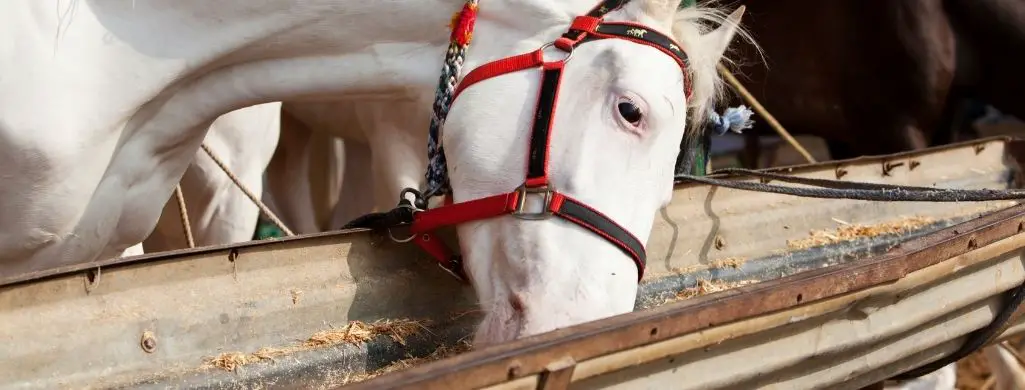
The Role of the Esophagus
Grasping the role of the horse’s esophagus is important in comprehending why they can’t vomit. The esophagus and stomach of a horse function in harmony, pushing food in one direction, thanks to physiological adaptations. The esophagus, with its muscular contractions, propels food towards the stomach.
The cardiac sphincter, a robust valve at the junction of the esophagus and stomach, only allows one-way passage of food.
The angle between the esophagus and the stomach in horses is sharp, promoting a one-way flow and preventing regurgitation.
The horse’s stomach is designed to withstand high pressure, making it less likely to force contents back up the esophagus.
Thus, horses can’t vomit, a design nature put in place to ensure they could graze continuously without discomfort.
The Stomach Structure
Digging deeper into the structure of a horse’s stomach, you’ll understand why it physically can’t vomit. The stomach structure of a horse is such that it has a one-way digestive tract. This means that once food enters, it can only move forward, not backward. The cardiac sphincter, a strong, one-way valve, seals off the stomach from the esophagus. This prevents the backflow of food, thus making vomiting impossible for horses.
Here’s a snapshot of the horse’s digestive system:
| Digestive Part | Function |
|---|---|
| Stomach | Digests food, sealed by the sphincter |
| Cardiac Sphincter | One-way system ensures food only moves forward |
| Digestive Tract | A one-way system ensures food only moves forward |
Understanding this can help in better serving and caring for these magnificent creatures.
The Cardiac Sphincter Function
From the layout of their stomach structure, it’s clear that the cardiac sphincter plays a vital role in a horse’s inability to vomit. This one-way valve permits food into the stomach, but not back up the esophagus. It’s so strong in horses that it doesn’t relax to allow for regurgitation, hence why horses can’t throw up.
The cardiac sphincter function is especially pivotal in ensuring the one-way flow of food. Its strength prevents the concern of a horse vomiting. Its inflexibility also means that in extreme cases where a horse’s stomach is overfilled, rather than vomiting, the stomach can rupture.
Dangers of Vomiting for Horses
While it’s true that horses can’t vomit, if they could, it would present serious health risks.
Imagine a scenario where choking hazards arise from partially digested food particles being expelled at high speed.
Additionally, vomiting could disrupt the absorption of essential nutrients, which are vital for a horse’s health and well-being.
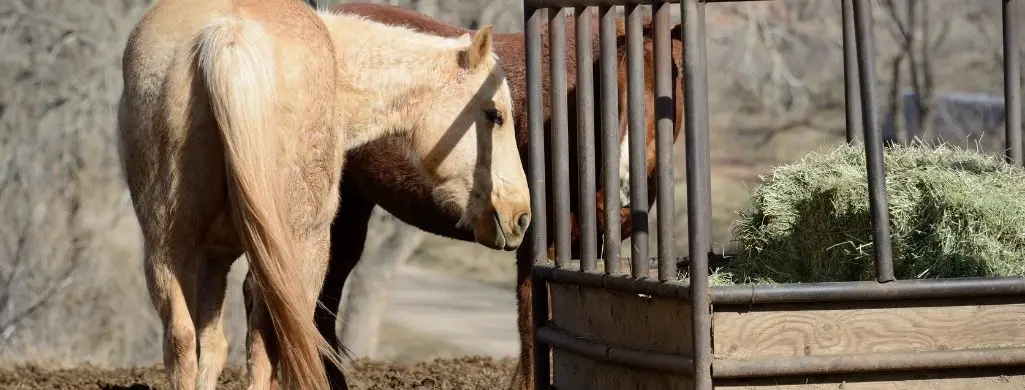
Possible Choking Hazards
Understanding the potential choking hazards associated with a horse’s inability to vomit is important in your role as a horse owner. Since horses can’t reverse the flow of ingested material from their stomachs to their mouths, they’re vulnerable to choking if they swallow something that becomes lodged in their esophagus.
Here are three key points to remember:
- Horses’ inability to vomit means they can’t expel obstructions from their mouths, leading to a choke.
- Ingested objects that are too large or difficult to swallow can become stuck in the horse’s esophagus.
- Regular monitoring of your horse’s eating habits can help prevent choke.
Stay vigilant and consult a vet if your horse shows signs of distress while eating. Your proactive care can prevent serious complications.
Impact on Nutrient Absorption
As a horse owner, you need to know that the inability of horses to vomit could potentially affect their ability to absorb nutrients effectively.
Horses can’t vomit because of their unique gastrointestinal structure. This means that everything they eat must pass through their entire digestive tract, from the mouth to the intestine. This process can take up to 48 hours.
If a horse consumes something harmful, unlike other animals that can vomit it out, the harmful substance stays inside, disrupting nutrient absorption. This poses a risk to the horse’s overall health.
Monitor your horse’s feed carefully. Any changes in eating behavior or signs of discomfort should be addressed immediately to ensure optimal nutrient absorption and health.
Differences in Animal Vomiting Capabilities
You might be wondering how different animals compare when it comes to the capability of vomiting.
It’s interesting to note that while some animals, like dogs and cats, can easily throw up, others, like horses, have a physiological structure that prevents this occurrence.
Let’s explore these fascinating differences, shedding light on the variety of digestive systems in the animal kingdom.
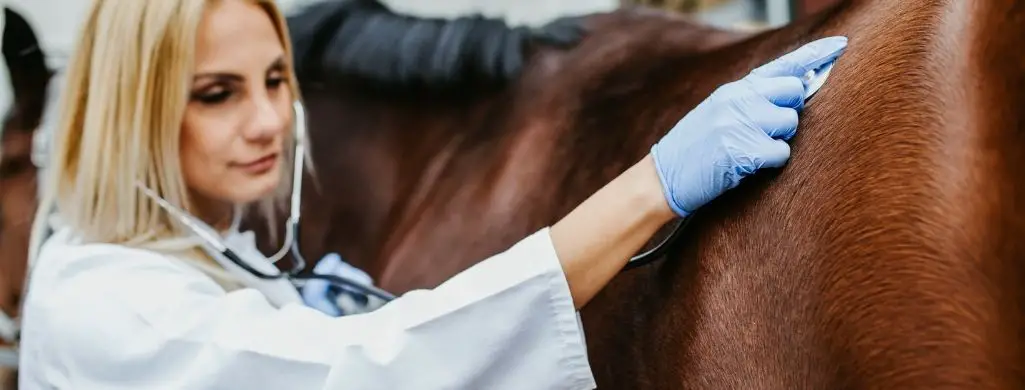
Comparing Horses to Other Animals
Compared to other animals, horses’ inability to vomit might seem odd, but it’s a unique adaptation that serves their specific needs. As a mammal species that’s evolved in the wild, horses have developed a one-way digestive system that prevents regurgitation.
Here’s how they compare to other animals:
- Unlike many mammals, horses can’t reverse the flow of food due to a strong cardiac sphincter, which acts as a one-way valve in their esophagus.
- Animals like dogs and cats can vomit to expel harmful substances, but horses have evolved to have a high tolerance for different types of food.
- While ruminants like cows regurgitate food for further chewing, horses have a highly efficient digestive system that extracts nutrients effectively, negating the need for regurgitation.
Understanding such differences is crucial to effectively serve and care for these majestic creatures.
Wild Animals
Diving into the world of wild animals, let’s explore how their vomiting capabilities differ greatly from those of our horses. Unlike horses, many wild animals have the ability to vomit as a survival mechanism.
Predators, for instance, can vomit to rid their bodies of indigestible items, like bones or fur. This ability can also help them escape danger by lightening their load to flee faster.
Conversely, your horse can’t vomit due to its unique digestive system design. This design serves to efficiently process a steady intake of grass, not occasional large meals like a predator.
It’s fascinating how nature equips different species with varied capabilities for survival, isn’t it? Remember, understanding these differences can better equip you to serve the animals in your care.
Pets and Domesticated Animals
Moving on from wild animals, let’s talk about the digestive capabilities of our pets and other domesticated animals, which can be starkly different from those of horses.
Dogs and cats, unlike horses, can vomit to expel harmful substances from their bodies. This ability provides them with a protective mechanism against ingesting harmful foods.
Birds, similar to horses, can’t vomit, but they can regurgitate food to feed their young.
Small mammals like rabbits and rodents also can’t vomit, which makes them susceptible to gastrointestinal issues if they consume the wrong foods.
The capabilities of pets and domesticated animals to vomit vary widely, underscoring the importance of understanding each animal’s unique needs for their health and well-being.
FAQ
Why can’t horses vomit?
A: It is a fact that horses can’t vomit due to a physical impossibility. Unlike humans and other animals, horses have a strong band of muscle at the base of their esophagus called the lower esophageal sphincter, which is normally tighter and prevents the backward flow of food and gas. This tightness of the sphincter is what makes it impossible for horses to vomit.
What happens if a horse tries to vomit?
A: When a horse tries to vomit, it can cause severe complications. The built-in mechanism of the lower esophageal sphincter and the throat prevents the backflow of food or gas, so when a horse attempts to vomit, the pressure that builds up in their stomach can lead to a potentially life-threatening condition known as gastric rupture.
Are there any benefits to horses not being able to vomit?
A: While the inability to vomit may seem like a disadvantage, it does have some benefits for horses. The strong band of muscle at the base of their esophagus and their tightly closed lower esophageal sphincter help prevent the backflow of gastric acids. This can reduce the risk of acid reflux and related issues in horses, keeping their digestive system healthier overall.
Can attempting to make a horse vomit be dangerous?
A: Yes, attempting to make a horse vomit can be dangerous and is strongly discouraged. The horse’s throat is not designed to expel stomach contents, and any forceful intervention to induce vomiting can cause severe harm to the horse’s throat or esophagus. If you suspect your horse has ingested something toxic, it is best to immediately contact a veterinarian for appropriate advice and treatment.

